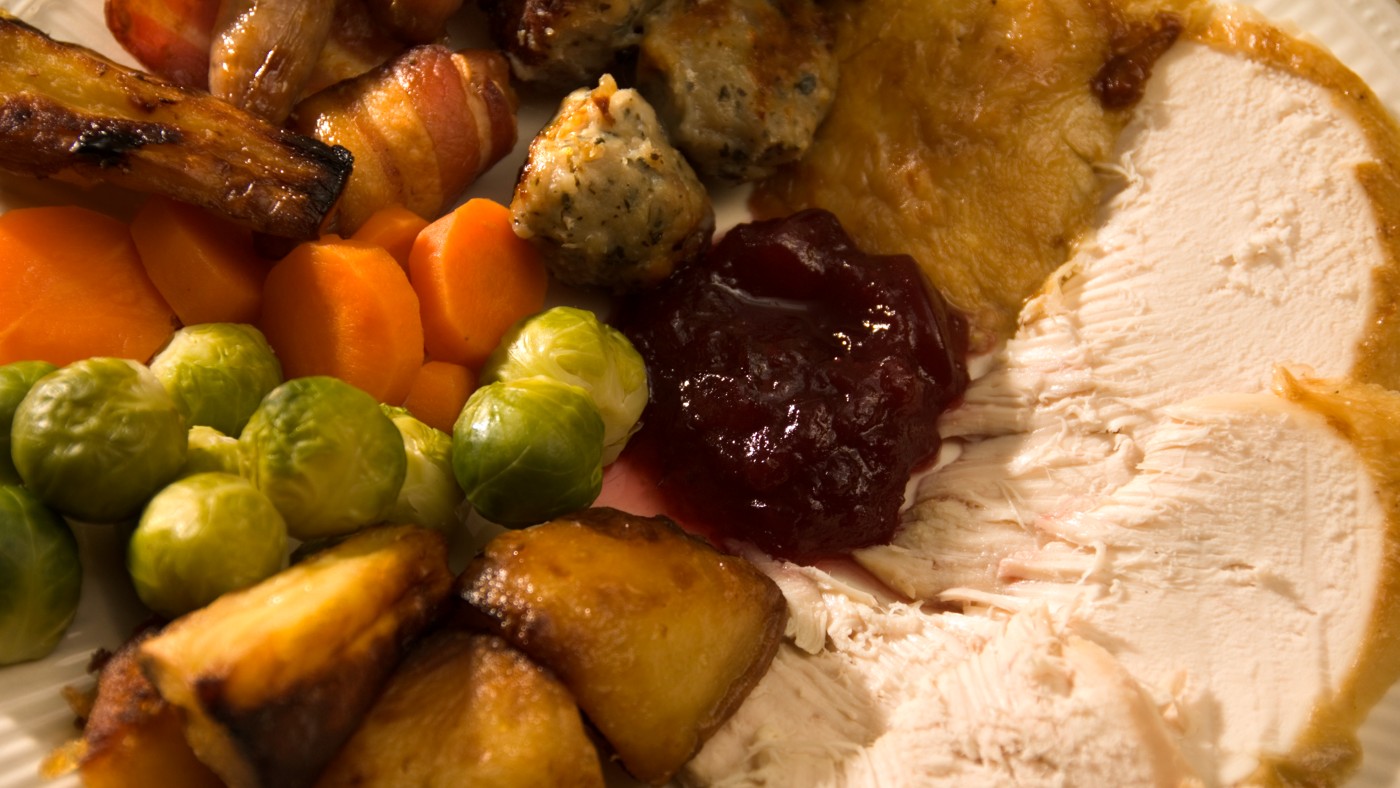‘How big a price are we willing to pay for Christmas?’
Your digest of analysis and commentary from the British and international press

A free daily email with the biggest news stories of the day – and the best features from TheWeek.com
You are now subscribed
Your newsletter sign-up was successful
1. Cancel Christmas if it means I don’t have to give birth alone
Lucy Pasha-Robinson on HuffPost
on the consequences of a relaxed Christmas
“The government is now facing mounting pressure to scrap the Christmas easing, amid a resurgence in infections in recent days and fears that relaxations could cause the death rate to sky rocket. And quite rightly, in my view. How big a price are we willing to pay for five days of festivities? So call me scrooge, or selfish, or even naive for getting pregnant during a pandemic, but I’m dreading Christmas. As my February due date approaches, I’m filled with trepidation.”
The Week
Escape your echo chamber. Get the facts behind the news, plus analysis from multiple perspectives.

Sign up for The Week's Free Newsletters
From our morning news briefing to a weekly Good News Newsletter, get the best of The Week delivered directly to your inbox.
From our morning news briefing to a weekly Good News Newsletter, get the best of The Week delivered directly to your inbox.
2. Progressive Democrats are getting frustrated with Biden already
Andrew Feinberg in The Independent
on dissent against the incoming administration
“Both of Biden’s top candidates, former deputy attorney General Sally Yates and soon-to-be former Alabama senator Doug Jones, are white and are closer in age to Biden than most of the party’s activist base. Many advocates for social and racial justice argue that Biden – who has made racial justice a priority for his administration’s first 100 days – should select someone whose ‘lived experience’ would factor into their management of the Justice Department.”
A free daily email with the biggest news stories of the day – and the best features from TheWeek.com
3. Post-Cummings, are we seeing signs of a more consensual government?
Martin Kettle in The Guardian
on life after Dom
“The important thing that happened this week is that the UK governments have at last cooperated in ways that they have avoided doing throughout much of the pandemic. [Welsh First Minister Mark] Drakeford expressly linked this to the departure of Cummings at a press conference today. There is a similar embryonic cooperative momentum in this week’s tiering decisions. In the Cummings era, local concerns counted for nothing. National and local lockdown decisions were made by a small group in London. That is beginning to change.”
4. Will Israel help a pro-Iran hardliner win control of Hamas?
Muhammad Shehada in Haaretz
on manoeuvres in the Middle East
“Netanyahu’s recent solidly transactional relationship with Hamas – in which the group provides calm in return for easing the blockade – shows that Hamas is less a security threat to Israel, but rather a risk. Security threats imply an immediate need to confront, uproot and eradicate them. But Bibi has been clear that he’s not going to uproot Hamas in Gaza, because Palestinian division is far more useful. In his own words, he doesn’t want to ‘give [Gaza] to Abu Mazen’.”
5. Why Britain chose Brexit
Robert Tombs in The Spectator
on the reasons for leaving
“In short, while one might of course applaud or deplore Brexit, it cannot reasonably be explained by British political or cultural peculiarities. It was a straightforward consequence of the failings of the EU, political and economic, which have had consequences across Europe. Nevertheless, we almost found ourselves trapped within it by fear of the financial dangers of exit. Differences of history and temperament, which do exist, would then have been of no consequence, other than to leave us - like many of our European neighbours - in a state of festering but impotent discontent.”
-
 Film reviews: ‘Send Help’ and ‘Private Life’
Film reviews: ‘Send Help’ and ‘Private Life’Feature An office doormat is stranded alone with her awful boss and a frazzled therapist turns amateur murder investigator
-
 Movies to watch in February
Movies to watch in Februarythe week recommends Time travelers, multiverse hoppers and an Iraqi parable highlight this month’s offerings during the depths of winter
-
 ICE’s facial scanning is the tip of the surveillance iceberg
ICE’s facial scanning is the tip of the surveillance icebergIN THE SPOTLIGHT Federal troops are increasingly turning to high-tech tracking tools that push the boundaries of personal privacy
-
 Nan who charges family for Christmas dinner puts up price
Nan who charges family for Christmas dinner puts up priceTall Tales And other stories from the stranger side of life
-
 Woman solves 'rude neighbour' mystery
Woman solves 'rude neighbour' mysteryTall Tales And other stories from the stranger side of life
-
 Office Christmas parties give us sleepless nights
Office Christmas parties give us sleepless nightsTall Tales And other stories from the stranger side of life
-
 'Dead' woman nearly suffocated in morgue bag
'Dead' woman nearly suffocated in morgue bagTall Tales And other stories from the stranger side of life
-
 World's 'smelliest cheese' hits shelves
World's 'smelliest cheese' hits shelvesTall Tales And other stories from the stranger side of life
-
 White Easter more likely than a white Christmas
White Easter more likely than a white ChristmasTall Tales And other stories from the stranger side of life
-
 ‘Irony’ as Zoom calls staff back to office
‘Irony’ as Zoom calls staff back to officefeature And other stories from the stranger side of life
-
 The U.S. veterinarian shortage crisis
The U.S. veterinarian shortage crisisSpeed Read With an anticipated shortage of 15,000 vets by 2030, it will be harder to get care for pets